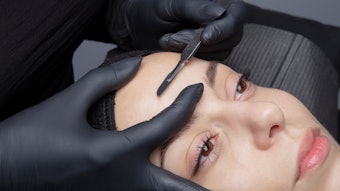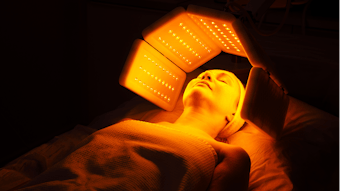
With Instagram and Facebook becoming the new mode of sharing photos, many patients are realizing their faces are bringing something unexpected to their selfies—"resting b!$ch face" (RBF). In fact, researchers at Noldus, which specializes in data integration, behavioral analysis and automated facial expression analysis, found that RBF is a real thing.
“We see that people who have this RBF expression [have] double the amount of emotionality expressed,” Abbe Macbeth, Noldus researcher, told CNN after analyzing faces via the company’s FaceReader software.
According to the American Academy of Facial Plastic and Reconstructive Surgeons (AAFPRS), a growing number of patients are requesting treatments to correct an unintentionally annoyed look.
“What causes [this look] is controversial, but some believe that your resting facial expression may be the ‘mirror’ to one’s underlying psychological milieu,” said Fred G. Fedok, M.D., former president of the AAFPRS. “For instance, is one generally unhappy or displeased with things, life, other people, etc.? This has been studied widely and one can find several sources to investigate.”
Fedok recommends doctors target the anatomical aspects of the face that may be contributing to RBF, such as focusing on forehead muscles, glabellar muscles, the orbicularis and the depressor anguli oris muscles.
“I will want to suggest things that improve the patient’s facial expression and rejuvenate the face so they look more energetic, invigorated and youthful. This includes all levels of the soft tissues of the face,” said Fedok.
According to the annual AAFPRS survey, 42% of members are seeing patients who are requesting facial plastic surgery to look better on social media. Fedok noted that fillers and neuromodulators, such as Botox, can make a big impact.
“What we realize when we are treating people with things as simple as the neuromodulators is that we may not only be changing their physical appearance,” he said. “We may actually be changing their underlying base emotional state in a more positive direction, and as some studies are suggesting, we may actually be creating a long-term impact via brain plasticity of their perception of themselves and hence their interaction with the world outside themselves.”










